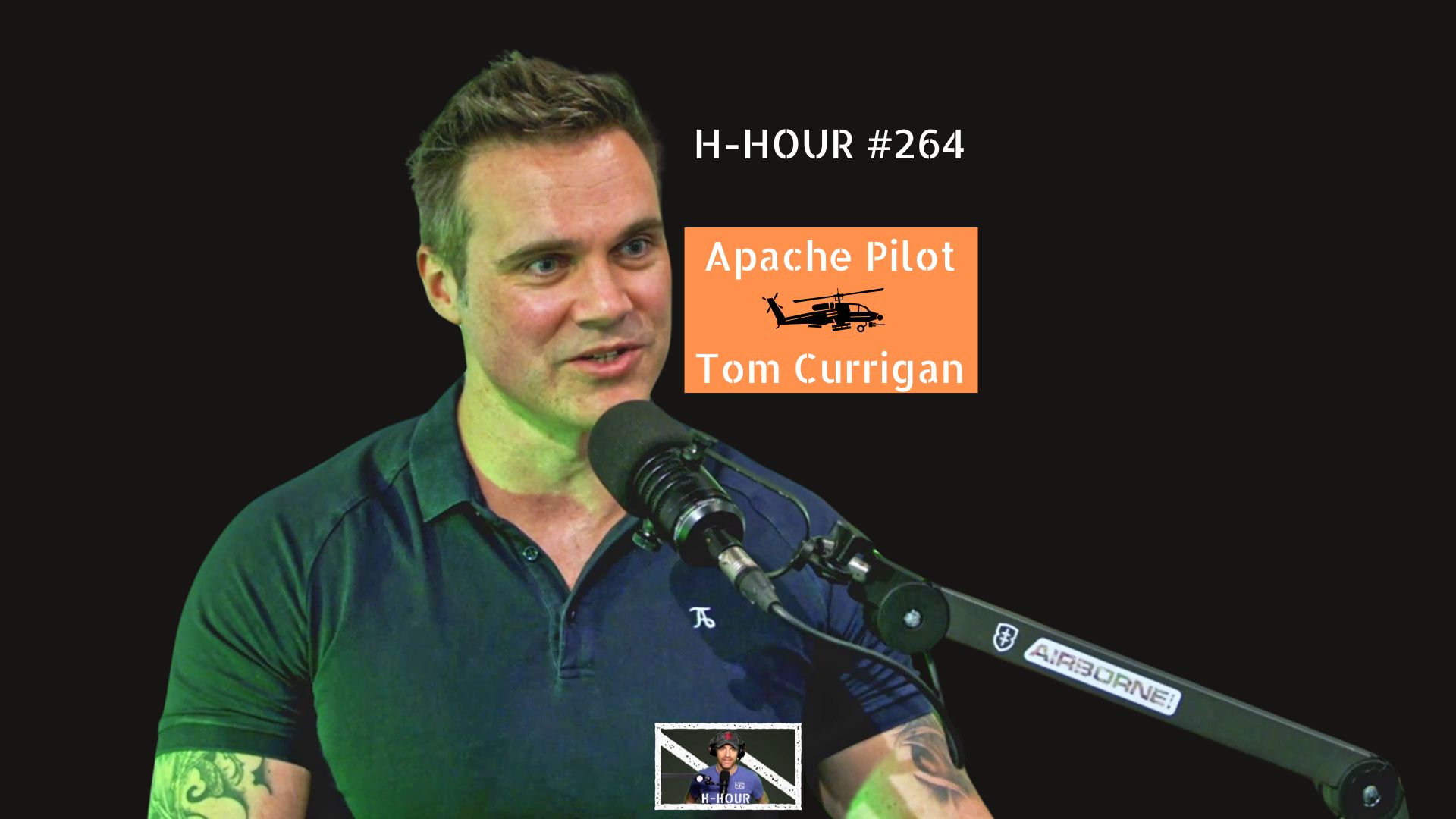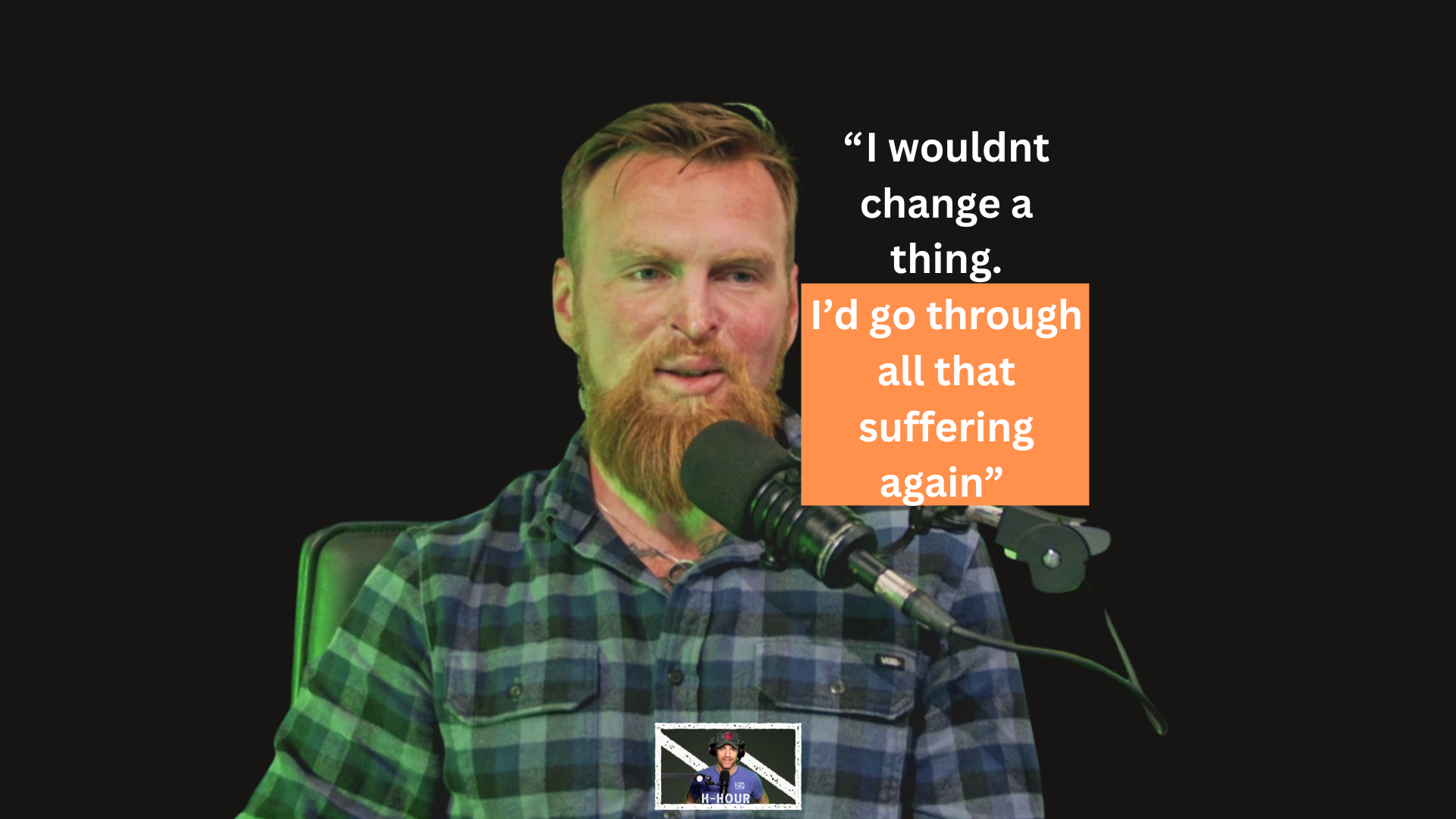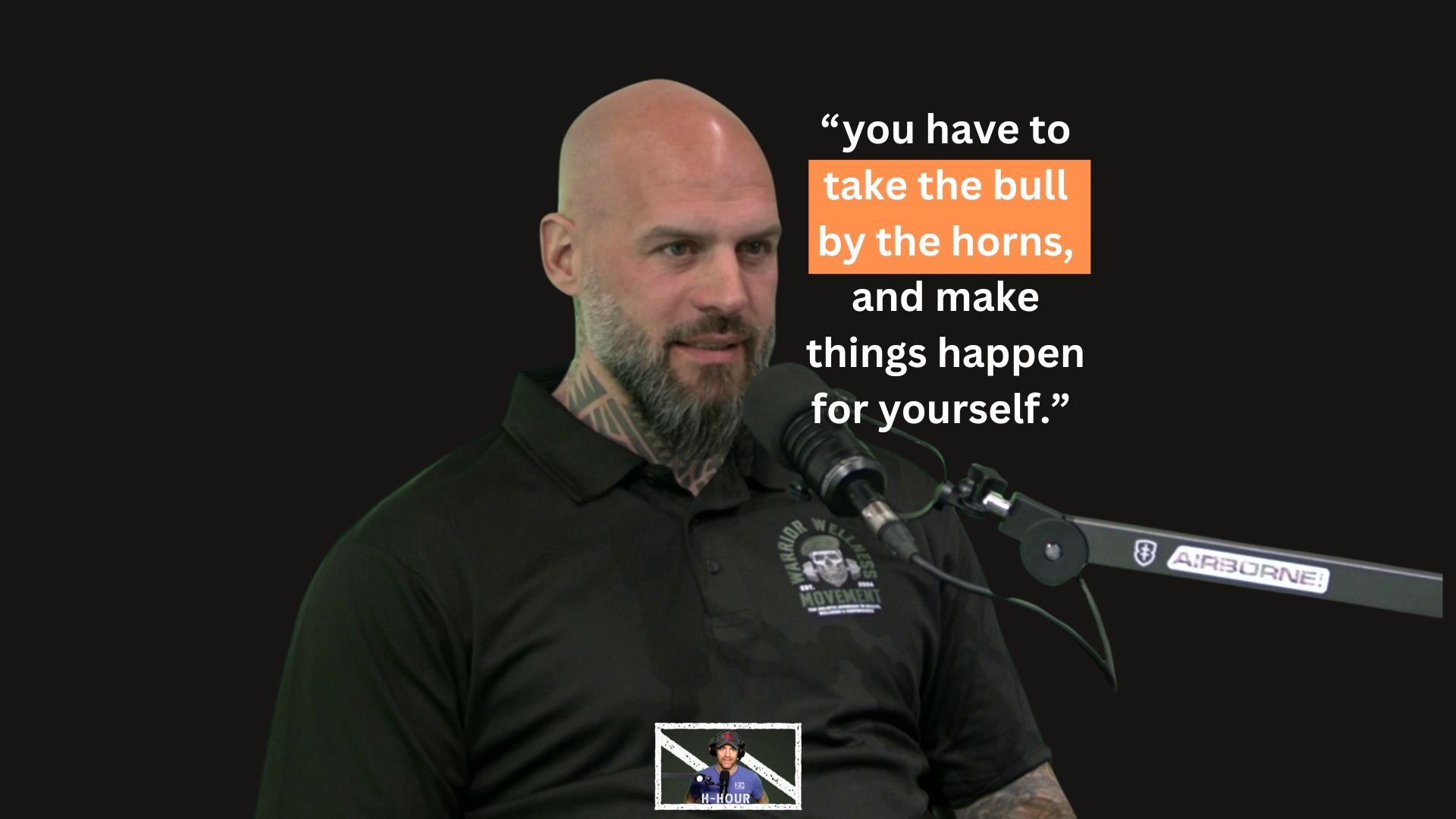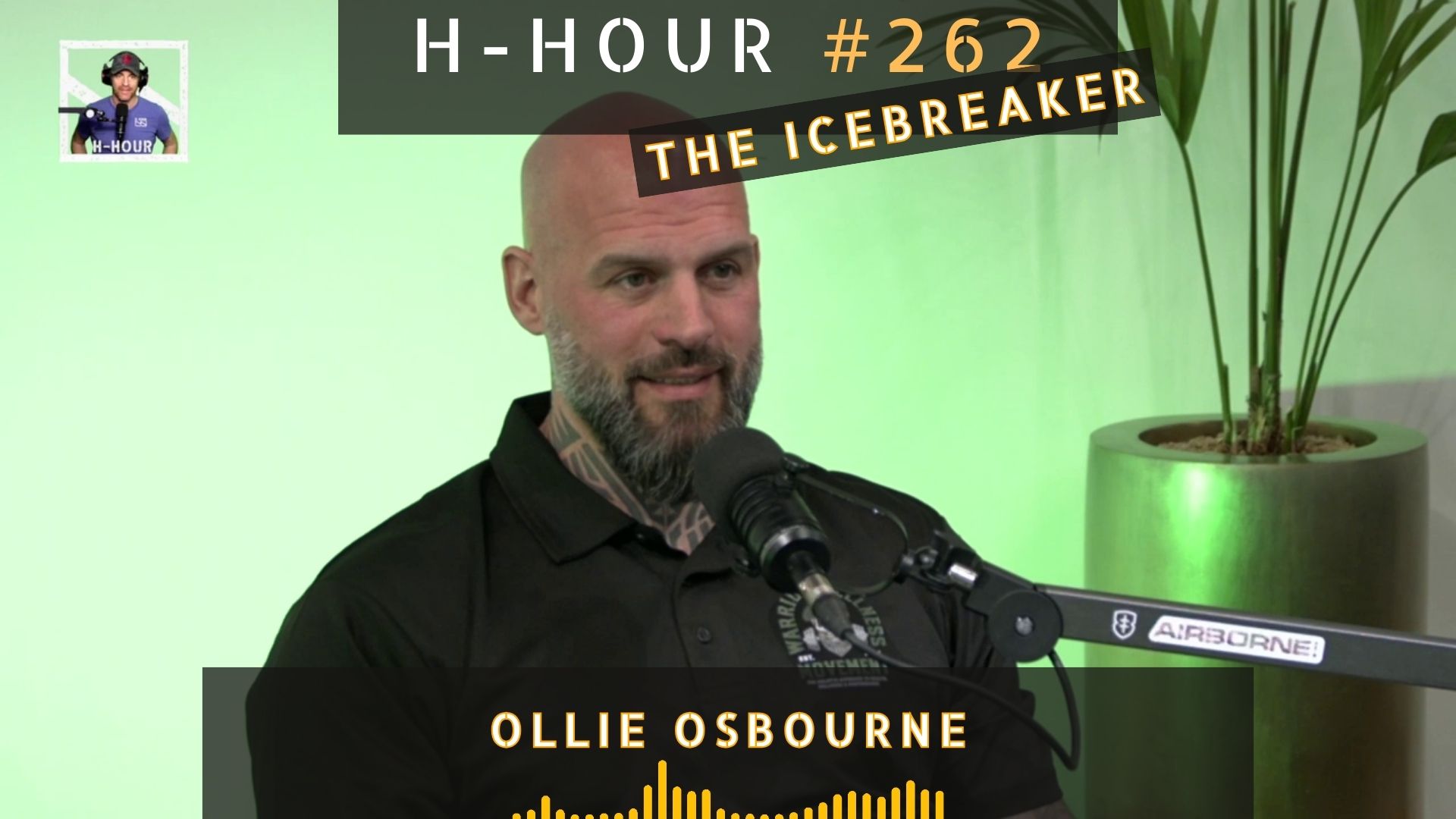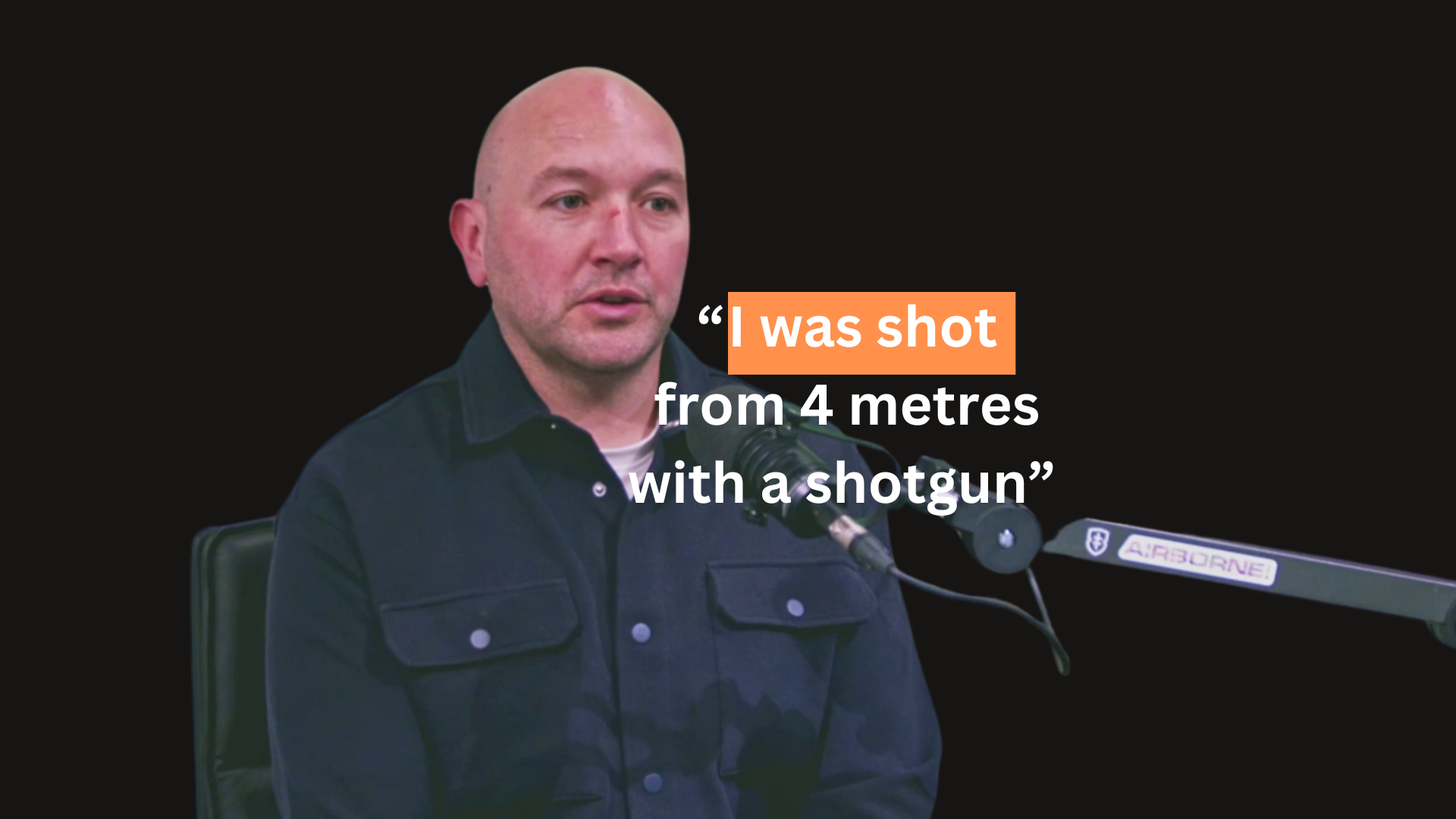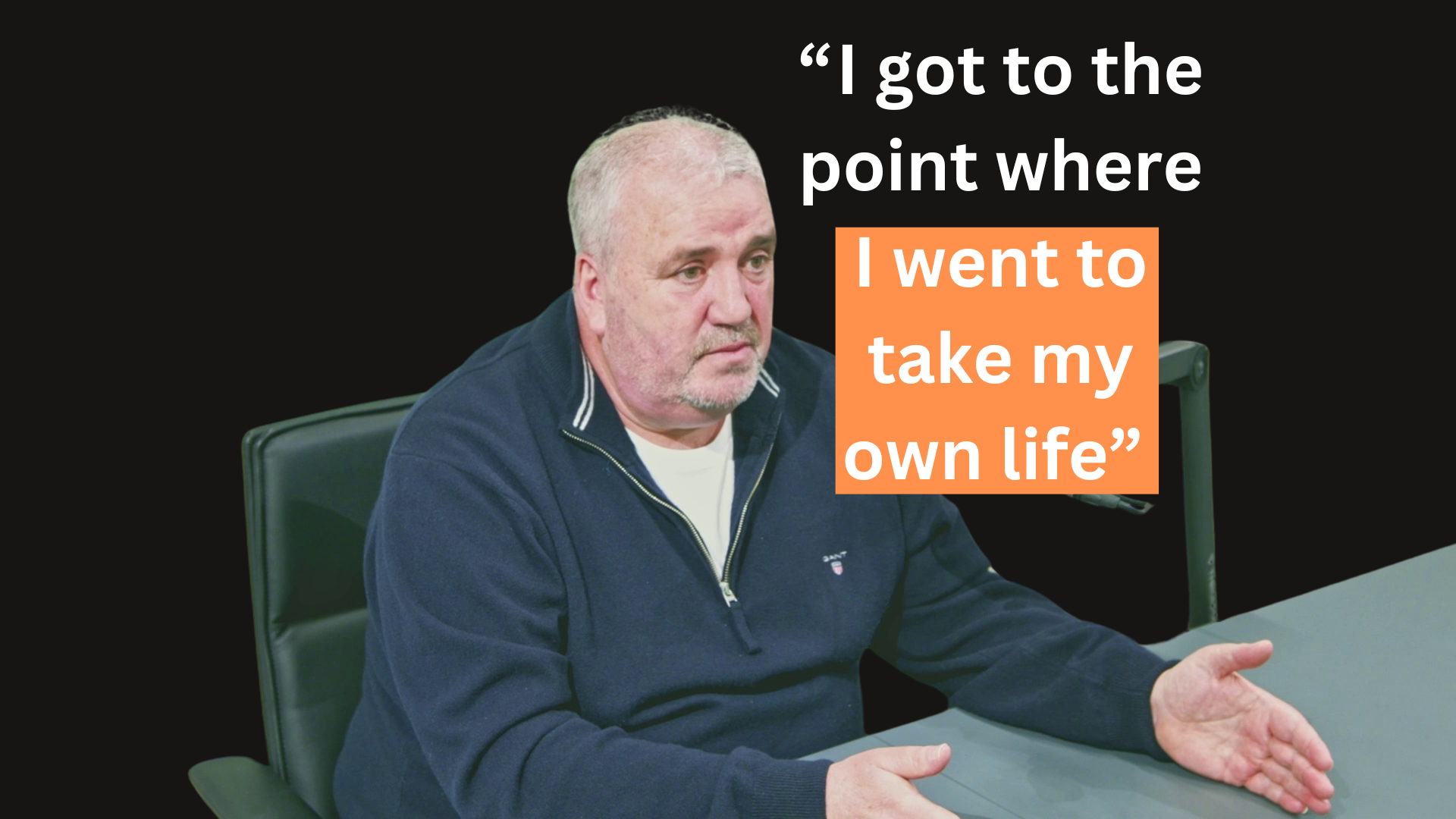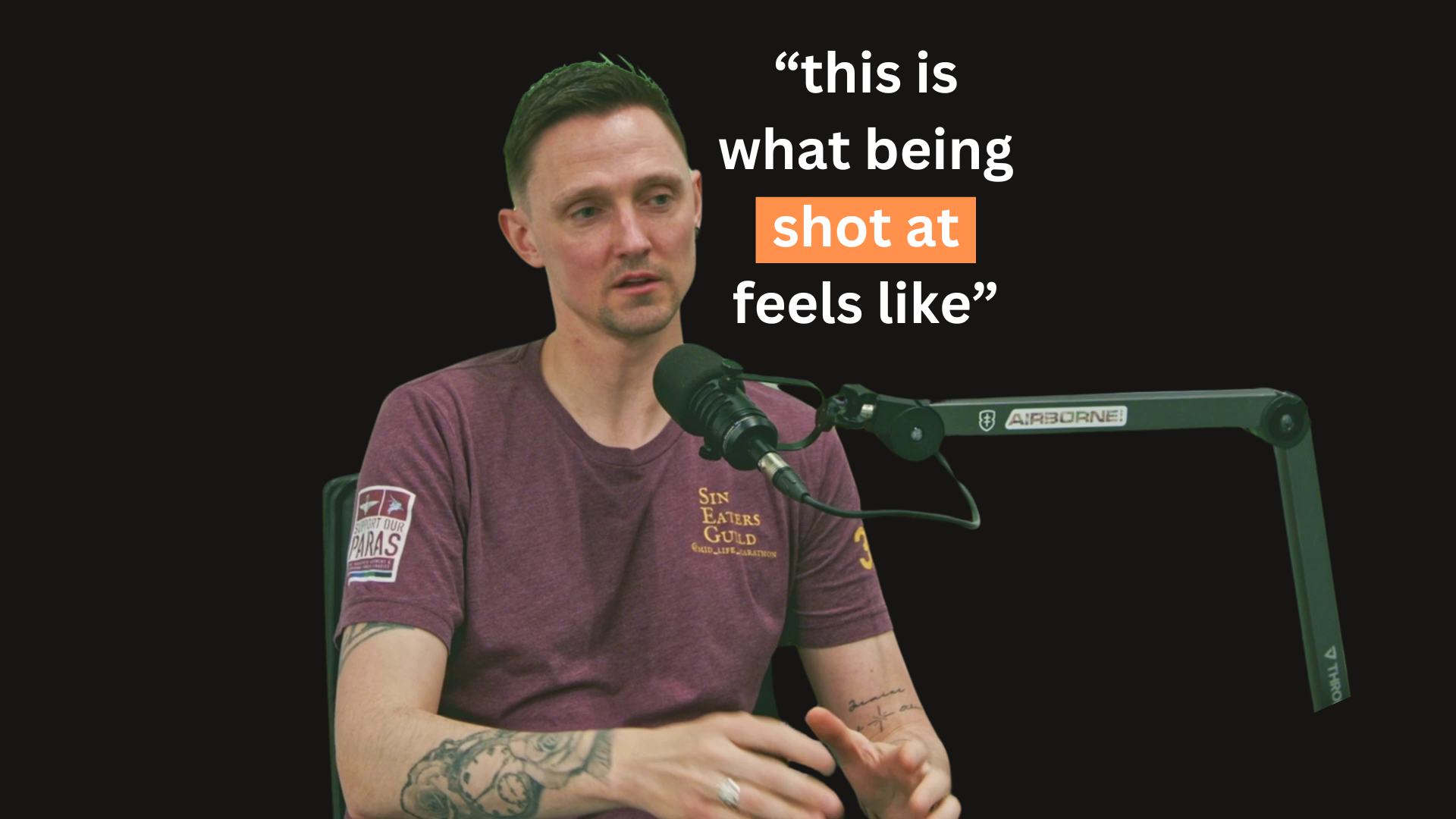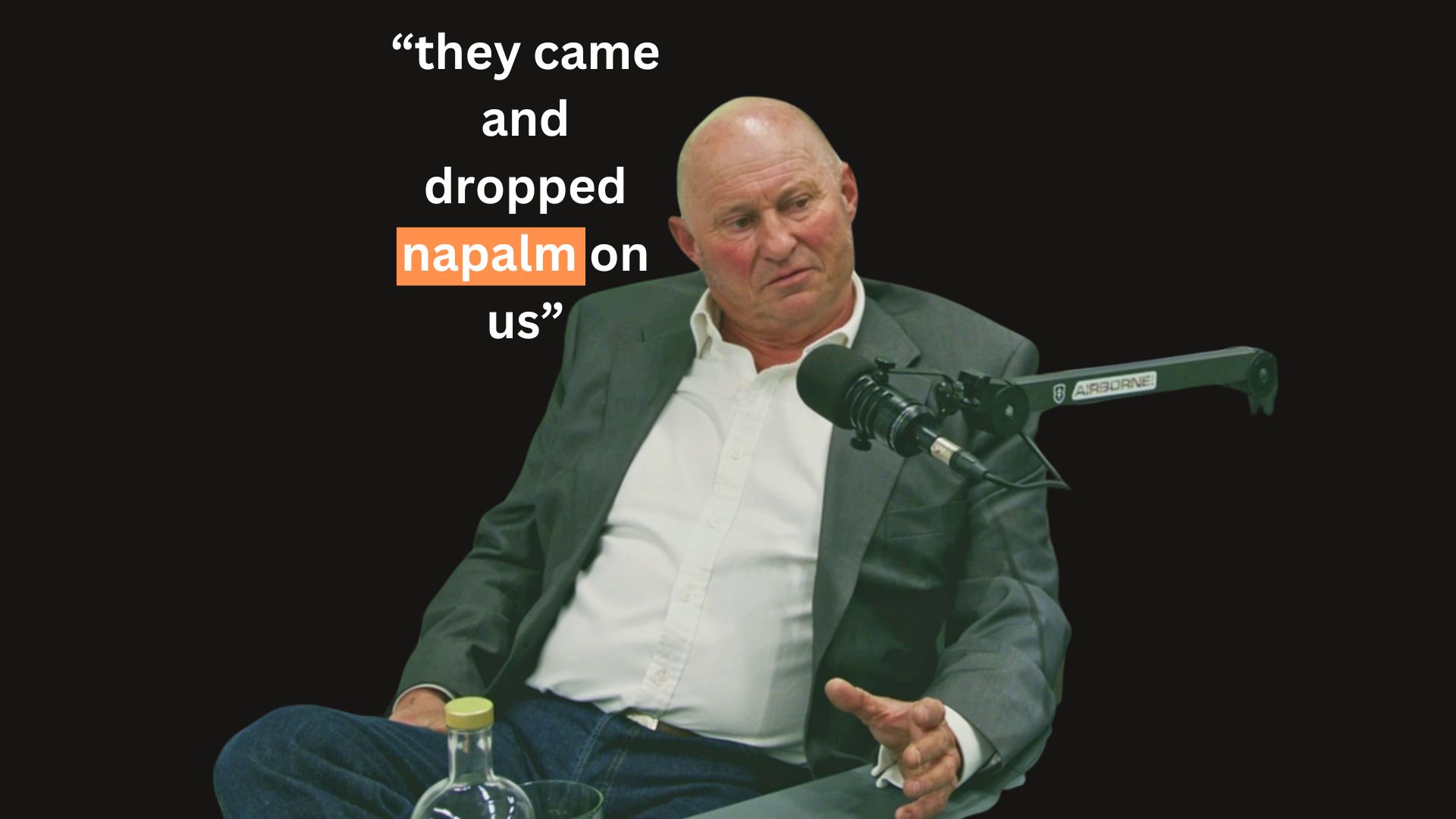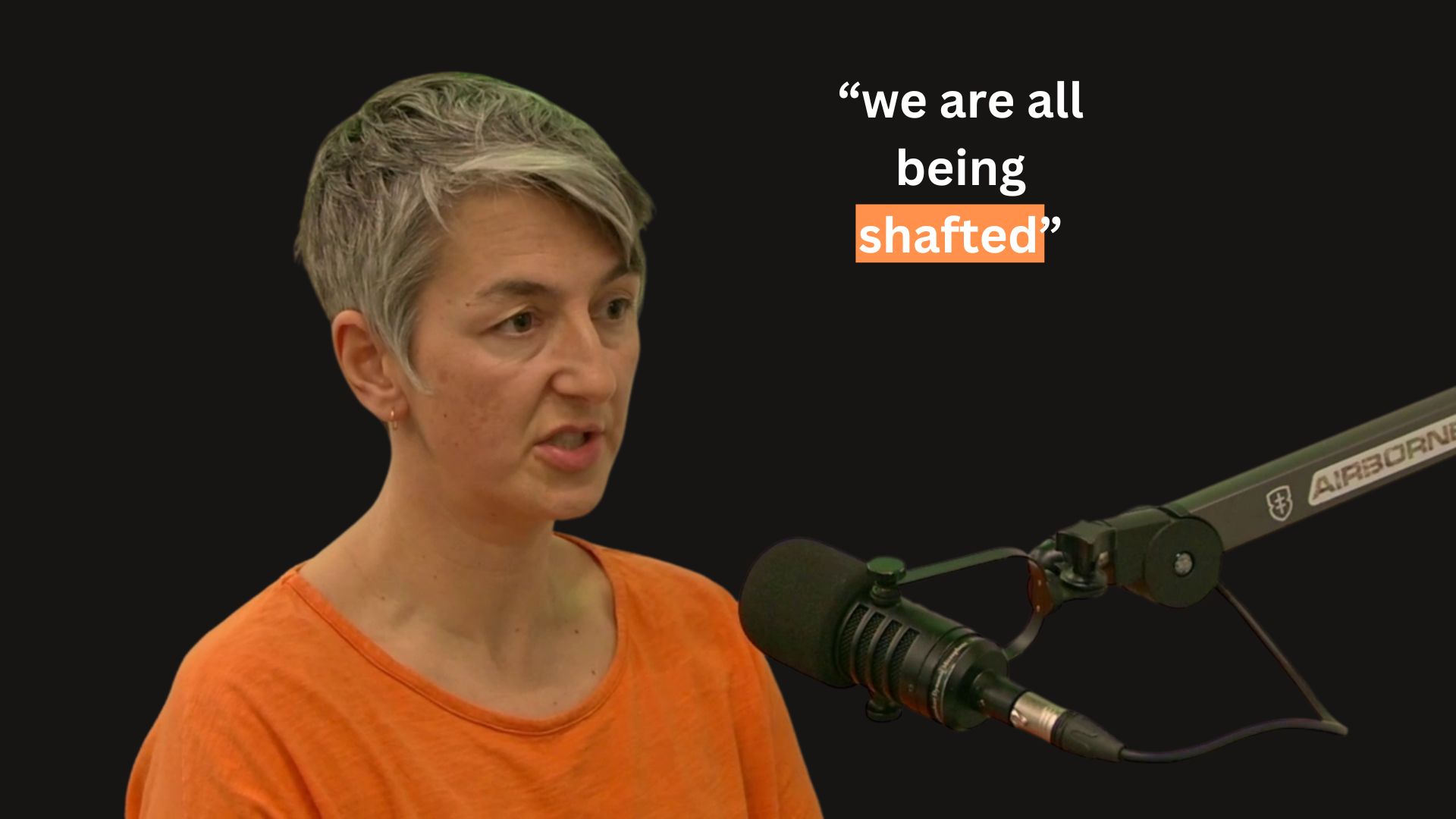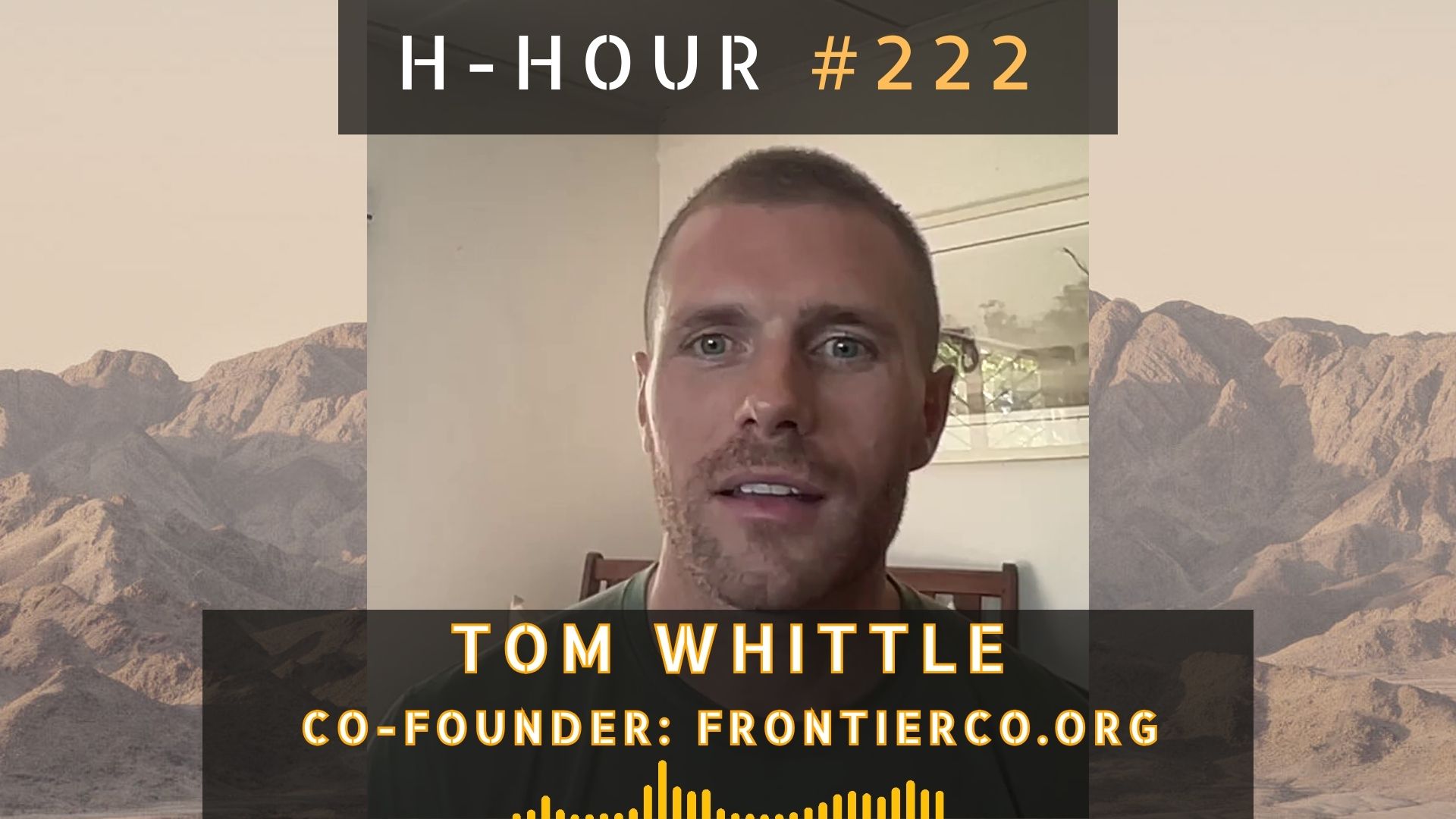H-Hour #222 Tom Whittle – co-founder of Frontier
Podcast: Play in new window | Download | Embed
Tom Whittle is a former commissioned officer with a diverse background, including law, competitive intelligence, and service in the Parachute Regiment. As the co-founder and delivery lead at Frontierco.org, he spearheads projects by conducting in-depth liaison and analysis to accurately identify the requirements of each organisation seeking assistance. Tom and his team, comprised of ex-UK military veterans, specialise in providing advisory and development services across Sub-Saharan Africa. In this conversation, Tom discusses the importance of challenging perceptions and constantly expanding one’s perspective. He shares his experience transitioning from a military career to working in the conservation industry in Africa. The conversation also touches on the problems with politics and the need for transparency in leadership. Tom emphasizes the difference between influence and manipulation, highlighting the importance of intent and moral boundaries. The power of charisma and authenticity in leadership is explored, along with the challenges of influencing others as an outsider in a different culture. In this conversation, Tom discusses his work in the conservation industry and the challenges faced. He emphasizes the importance of crafting and maintaining working relationships, as well as the need for long-term planning and buy-in from stakeholders. Tom also highlights the value of collaboration with rangers and local communities, as well as the significance of demonstrating impact and gaining trust. He shares his approach of confidently underselling and overdelivering, and how conservation principles can be applied to other industries. Tom provides insights into the reintroduction of rhinos in the Democratic Republic of Congo (DRC) and discusses various projects in Zambia. He addresses the challenges in the conservation industry, including short-term metrics and the perception of failure.
- Crafting and maintaining working relationships is crucial in the conservation industry.
- Long-term planning and buy-in from stakeholders are essential for success.
- Collaboration with rangers and local communities is key to effective conservation efforts.
- Demonstrating impact and gaining trust are important for credibility and continued support.
- Confidently underselling and overdelivering can build credibility and trust.
- Conservation principles can be applied to other industries for positive outcomes.
- The reintroduction of rhinos in the DRC has been a successful high-risk project.
- Various projects in Zambia focus on leadership development and human-wildlife coexistence.
- Short-term metrics and a focus on outcomes can hinder long-term sustainability in conservation.
- The perception of failure in conservation is influenced by negative media coverage.
- Sub-Saharan Africa offers a unique and diverse experience for conservation and wildlife enthusiasts.
00:00 Introduction and Eclectic Guest Mix
03:00 The Importance of Challenging Perceptions
09:14 Changing Opinions and the Value of Knowledge
14:00 Leadership and the Military
19:26 The Problem with Politics and the Need for Transparency
23:55 Transition from Power Edge to Conservation in Africa
32:06 Autonomy and Cultural Change in Conservation Work
38:38 Influence, Manipulation, and Leadership
45:27 The Power of Charisma and Authenticity
49:42 Perception and Influence in an Outsider Role
50:15 Crafting and Maintaining Working Relationships
53:34 Long-Term Planning and Buy-In
55:59 Collaboration with Rangers and Local Communities
56:28 Demonstrating Impact and Gaining Trust
57:54 Confidently Underselling and Overdelivering
59:13 Applying Conservation Principles to Other Industries
01:02:50 Reintroducing Rhino in the DRC
01:09:43 Working on Various Projects in Zambia
01:12:09 Challenges in the Conservation Industry
01:19:12 Perception of Failure in Conservation
01:21:07 Short-Term Metrics and Long-Term Sustainability
01:22:32 The Beauty and Diversity of Sub-Saharan Africa


